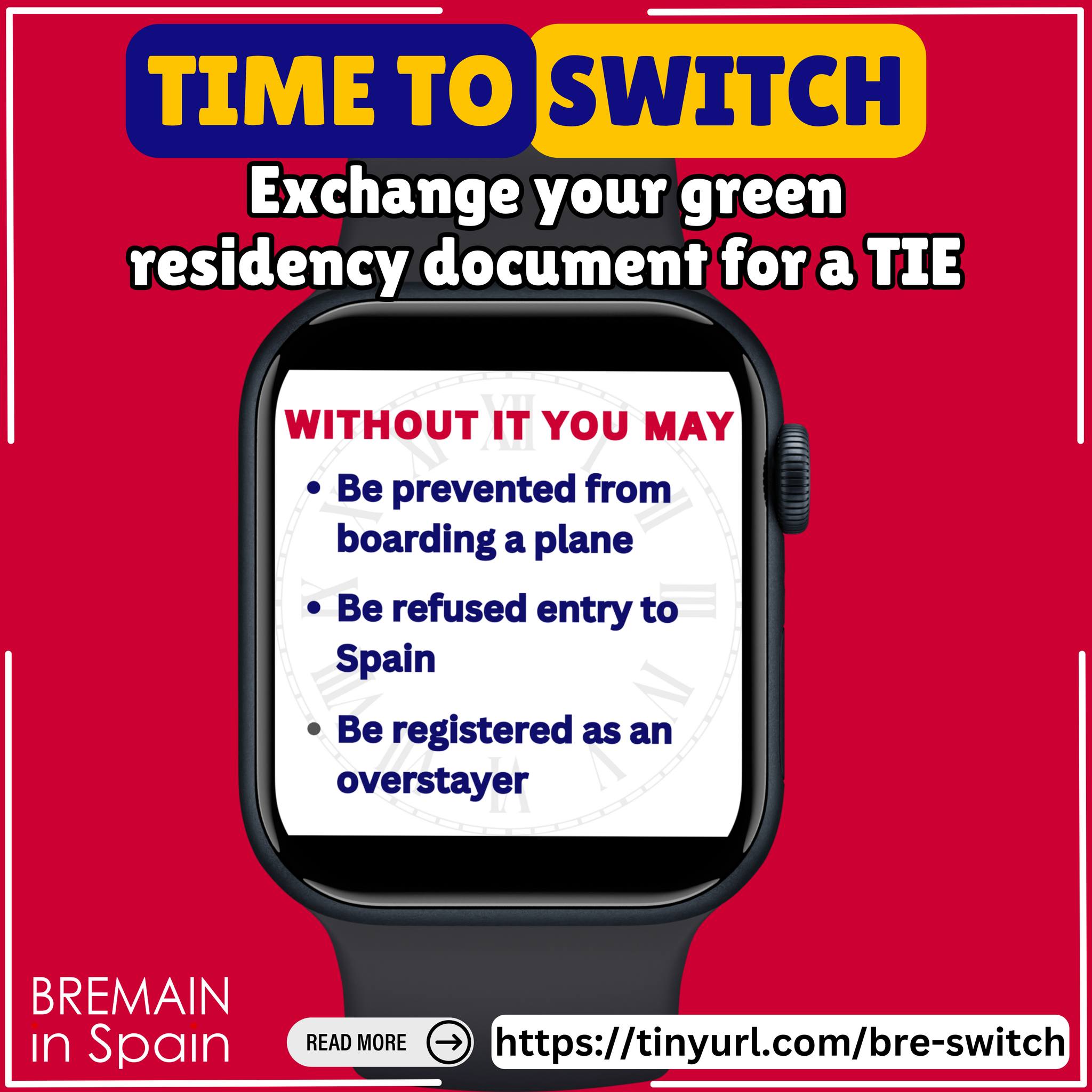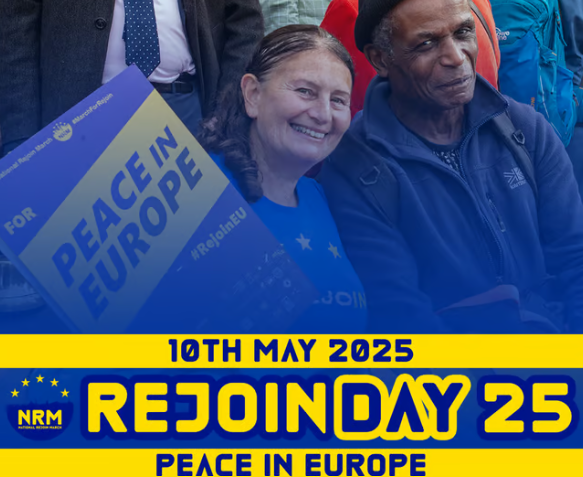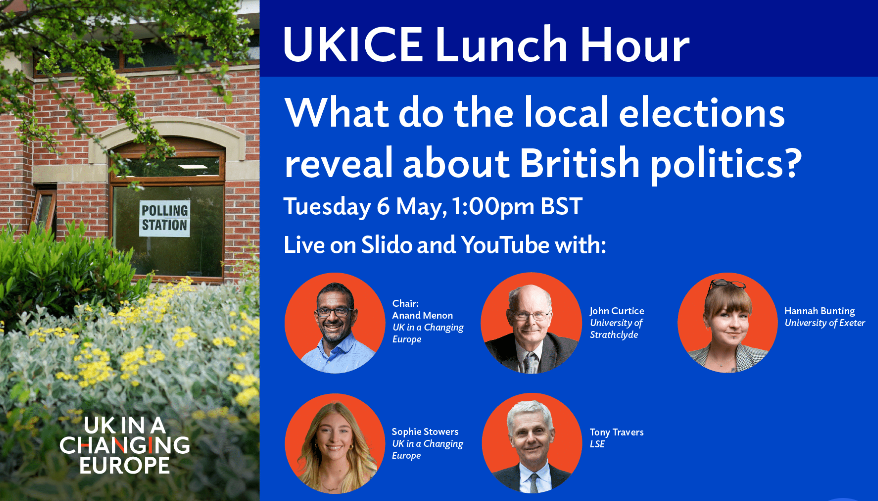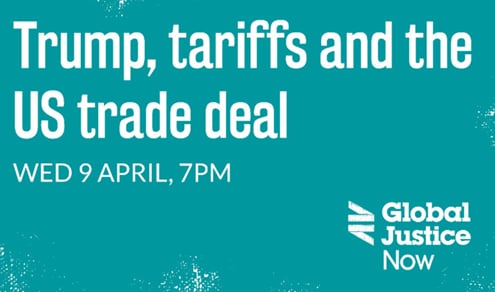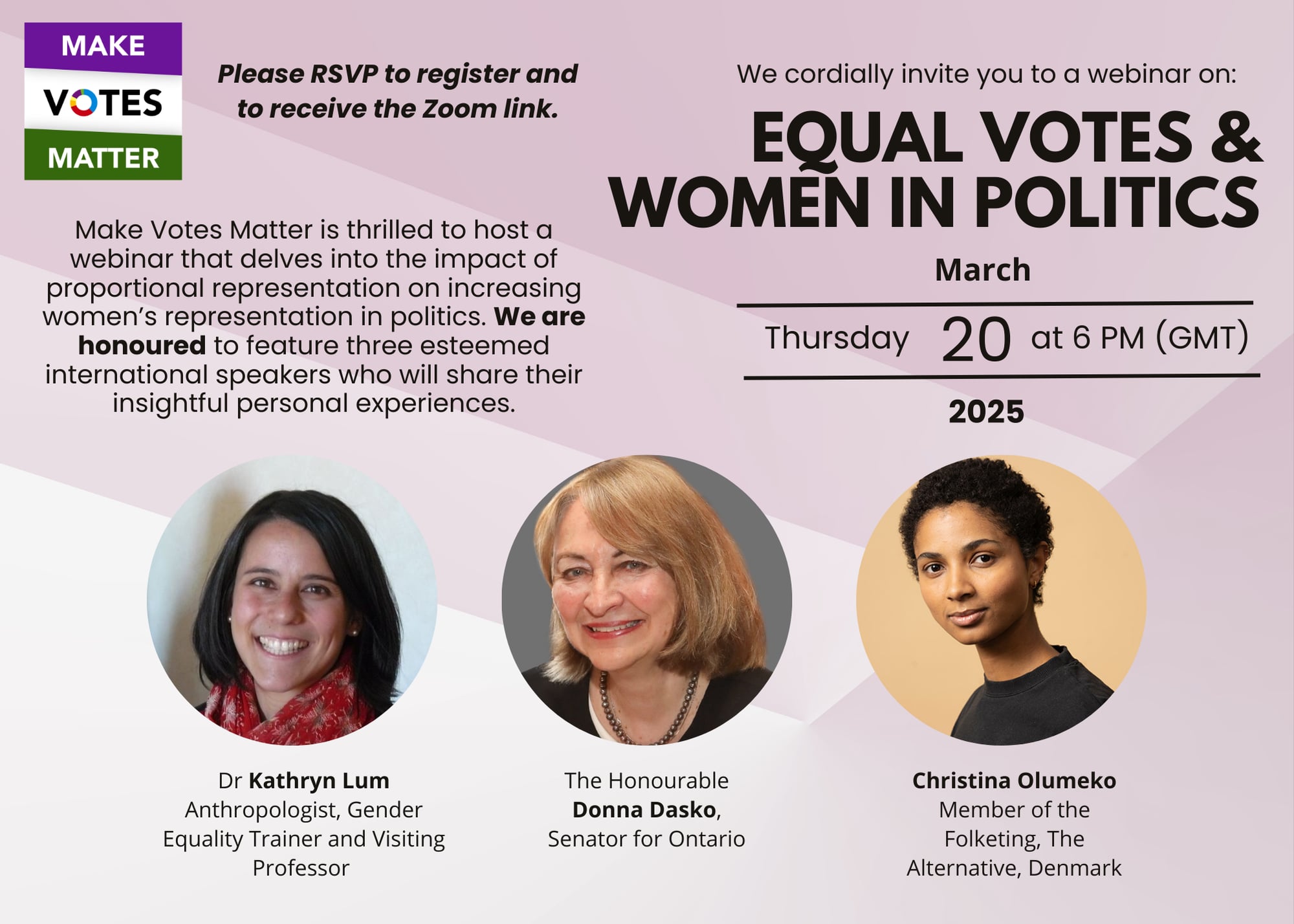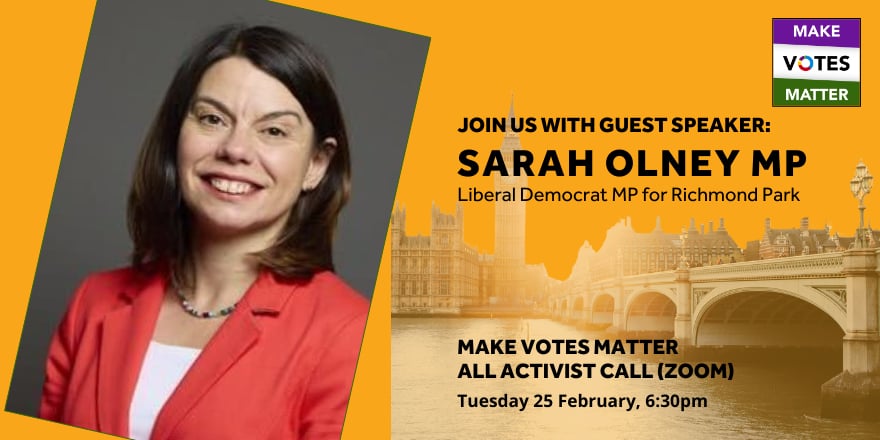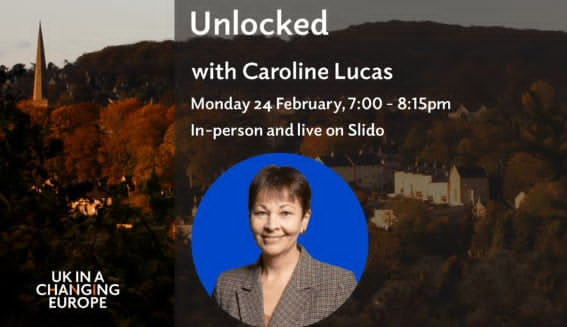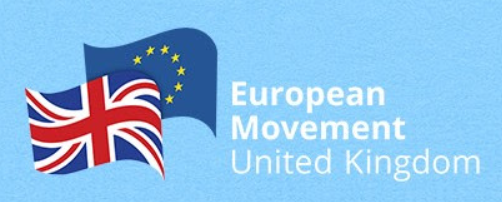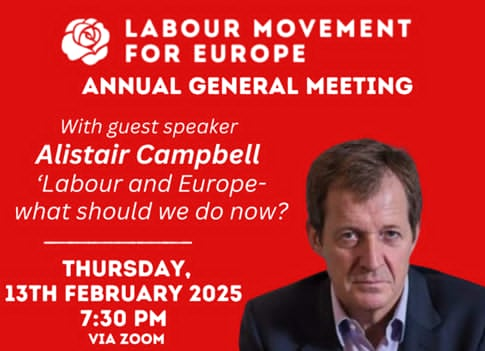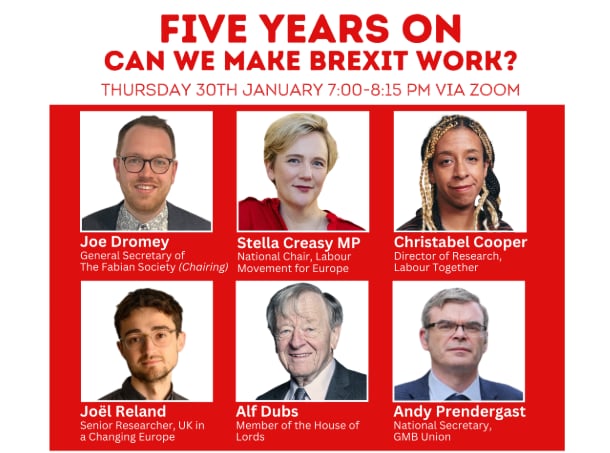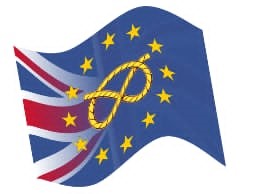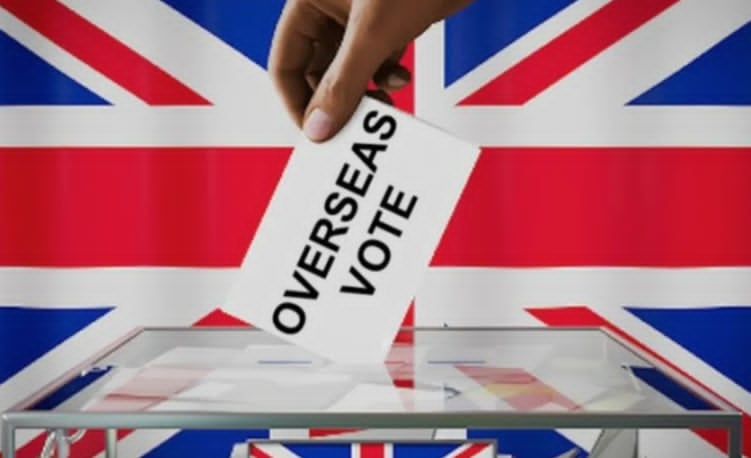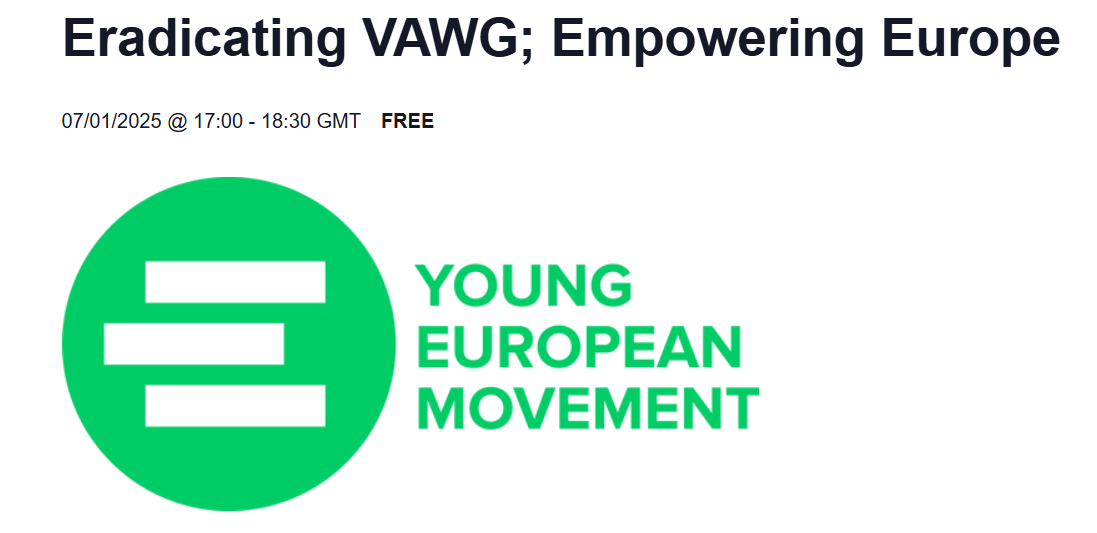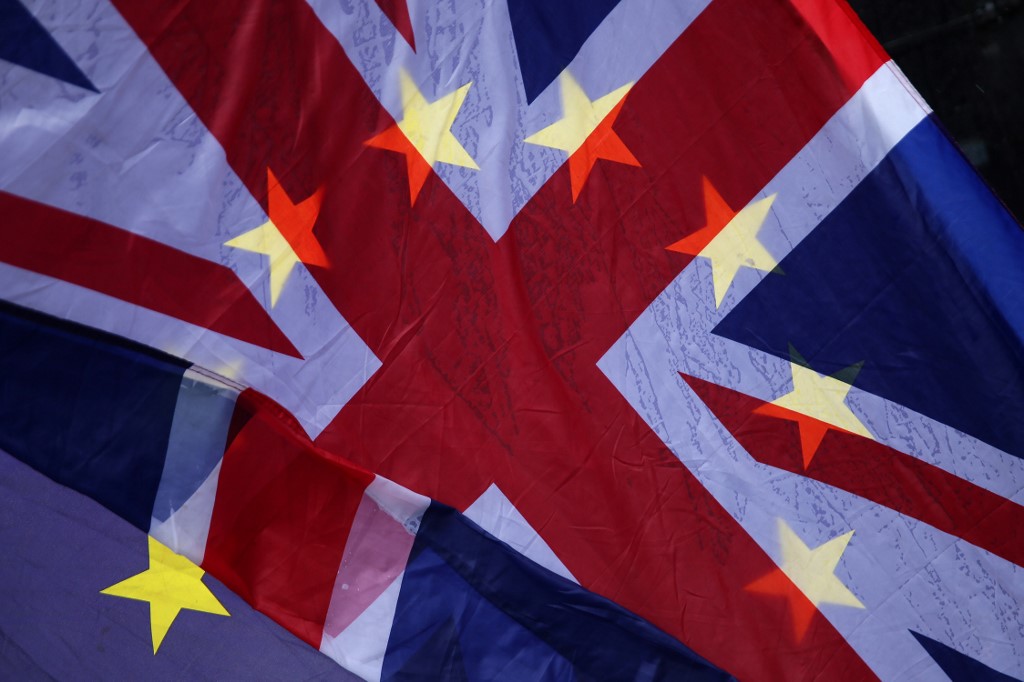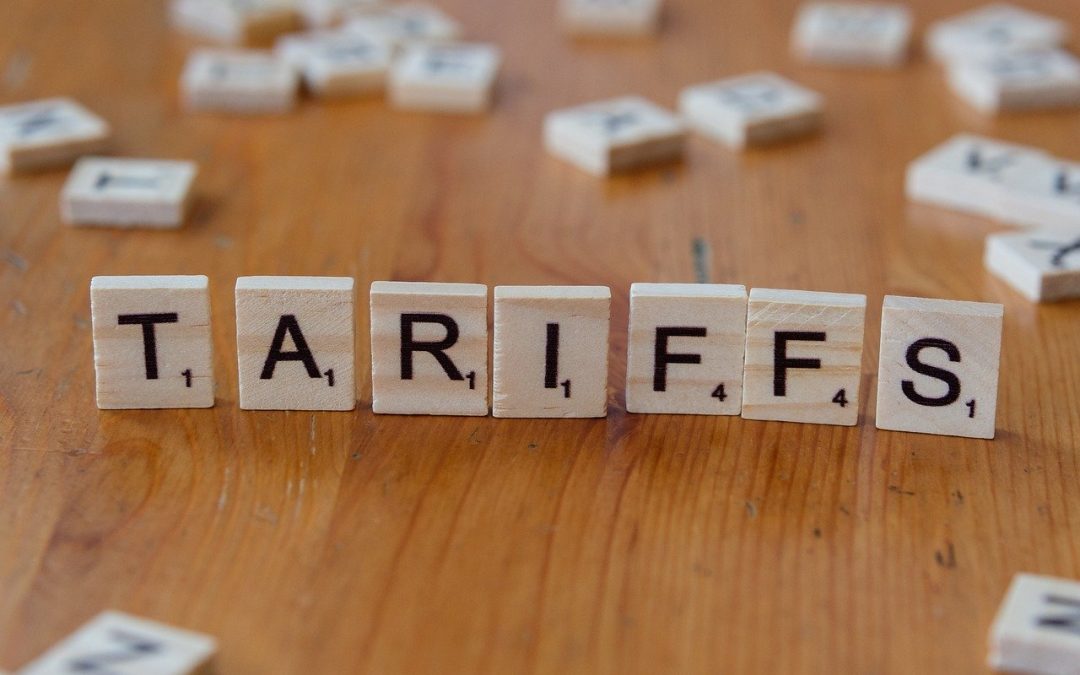
The UK should not try to appease Trump on tariffs
The government needs to get off the fence, embrace trade talks with the EU and accept there is no ‘special relationship’ with the US, writes Bremain Chair Sue Wilson MBE for Yorkshire Bylines.
Since Donald Trump announced his Liberation Day tariffs, the major players in global trade have been planning their retaliation. Despite Trump having now paused these retaliatory tariffs for 90 days for everyone except China, the unpredictability of his U-turns and volatile decision-making is keeping everyone on edge, and the baseline 10% tariff remains. Whether formerly friend or foe, ally or adversary, countries around the world will be taking the next three months to prepare swift and proportionate responses.
The UK, on the other hand, is clinging to the belief that a ‘special relationship’ with the US still exists, regardless of anything President Trump says or does.
🇺🇸TRUMP: THESE COUNTRIES ARE CALLING US UP, KISSING MY ASS
That's what Donald Trump said about the countries on which the US imposed tariffs.
💬"Please, sir, make a deal.
I'll do anything.
I'll do anything, sir". pic.twitter.com/RMWkDgS5eZ
— NEXTA (@nexta_tv) April 9, 2025
Please, sir, may we have a deal?
When Trump attended a fundraising dinner hosted by the National Republican Congressional Committee (NRCC) on Tuesday, he was expected to make a short after dinner speech. Instead, he spoke at length about his policy agenda, the need to protect the Republican majority in the upcoming midterm elections, and, of course, tariffs. (The less said about Hannibal Lecter, the better!).
Despite the overwhelming evidence of worldwide stock market chaos since his original tariff plans were announced, Trump declared, “we’re making a fortune in tariffs”. While it may be true that some Americans are making a fortune, your average US consumer looked set to bear the brunt of the resulting price rises. Even the world’s richest man, Elon Musk, had withdrawn his support for Trump’s tariffs, perhaps due to the value of shares in his own companies having taken a nosedive.
In his NRCC speech, Trump also claimed that countries around the world were willing to “do anything” to get a deal. Foreign leaders, he said, were so desperate to strike a US trade deal that they were “calling us up and kissing my ass”.
Though not Putin, of course, as no tariffs had been imposed on Russia. Draw your own conclusions.
Please sir, Mr Trump sir, may we please have a deal sir, please sir, please? https://t.co/u0L6pThBiv pic.twitter.com/taiXeFsL4W
— Andrew Parnall (@dontbrexitfixit) April 9, 2025
Keeping all options on the table
On the same day Trump was making his speech, Prime Minister Starmer was appearing before the liaison committee and was questioned about negotiations with the US. On digital services, Starmer said he was prepared to consider tax cuts for tech billionaires like Musk and Jeff Bezos, even if that required changes to the online safety bill. Which rather begs the question: if the government is prepared to water down one bill or policy for a deal with our ‘special’ friends across the pond, which others bills or policies might be at risk?
Not the NHS, said the PM. Starmer told the committee he has ruled out selling access to the NHS to American companies, though Trump would likely demand full access in exchange for a deal. Trump is proposing “a major tariff on pharmaceuticals” imminently – a move designed to force more manufacturing giants to relocate to America.
With regards to a trade deal with America, Starmer advised the committee that, “we have to keep our options on the table and do the preparatory work for retaliation if necessary. But I think that trying to negotiate an arrangement which mitigates the tariffs is better”.
Still seemingly determined to avoid any “knee-jerk” reaction, Starmer insisted UK businesses want a “calm and collective response”, and “nobody wants a trade war”.
Keir Starmer faced awkward moments as he was pressed by senior MPs at a wide-ranging Liaison Committee session on subjects including tariffs, benefits and votes for 16 year olds.
www.mirror.co.uk/news/politic…— BremainInSpain (@bremaininspain.com) 8 April 2025 at 23:53
Not-so-special relationship
While Starmer refuses to rule out potentially striking back at US tariffs, he continues to maintain the existence of the ‘special relationship’. What once would have been described as a strong alliance is now a risky association with an unreliable partner – one that relies too much on a shared history and ignores the fact that today’s America is a very different beast from our longstanding ally.
Of course, the importance of cooperation – especially on defence and security – should not be understated. When Starmer met with Trump recently in the White House, he said, “No two countries have done more together to keep people safe,” adding that no two militaries “were more intertwined”. America’s changing policy on the defence of Ukraine could put that theory to the test.
"We don’t need to choose, but we urgently need to prioritise and both the economics and public opinion point in one direction – towards 1.5% GDP growth with Europe."
👉 Our CEO @pimlicat.bsky.social on why we need to prioritise our relationship with the EU over the US.
www.lbc.co.uk/opinion/view…— Best for Britain (@bestforbritain.bsky.social) 4 April 2025 at 10:48
Time to take sides
The British government’s apparent urgency in striking a deal with Trump might be commendable, but trade deals – even much smaller ones – generally take years, not weeks or months. Just ask the Tories, who tried and failed to secure a US trade deal on numerous occasions.
Leaving the US aside, and with Trump becoming ever more unreliable and unpredictable, there has never been a better time to strengthen relationships elsewhere, especially on our own doorstep. The fact that Starmer and his government remain so intransigent when it comes to the EU – and Brexit in particular – shows an unwillingness to listen or to be flexible when the situation demands.
There has never been a better time, a more important time, to take sides. Diplomacy apart, the UK cannot keep a foot in both camps in an attempt to appease an authoritarian president. As Naomi Smith, CEO of Best for Britain says, “If you stand in the middle of the road, you’ll get hit by traffic coming from both directions”, and the results won’t be pretty
Real change comes from embracing the EU
As Starmer said himself in the run up to last year’s election, “it’s time for change”. Time for Labour to make a U-turn and embrace the EU – a mere “reset” of UK/EU relations will not be enough. Time to abandon the government’s damaging, incomprehensible red lines and negotiate a deal with partners that share our goals, values and geography. Time to get back to the negotiating table with the grown-ups and leave the tantrums to the toddlers.
Let us apply caution and consideration by all means, but let’s not get left standing all alone with nothing to show for it but our principles. Only a win-win agreement is worth negotiating, and that kind of deal is just not in Trump’s vocabulary.






